Sand for filter
Sand filters are commonly used in swimming pools and water treatment systems to remove impurities and particles from water. Here are some details about sand for filters:
Types of Sand: The most common type of sand used in filters is silica sand, specifically graded, washed, and clean silica sand. This sand is chosen for its uniform particle size and ability to effectively trap particles within the filter bed.
Grain Size: The effectiveness of a sand filter depends on the grain size of the sand used. The most suitable grain size for sand filters typically falls within the range of 0.45 to 0.55 millimeters in diameter. This size allows for efficient filtration while preventing clogging and maintaining adequate water flow.
Filter Grade: Silica sand used in filters is graded based on its particle size distribution. The grading ensures that the sand particles are uniform in size, which is crucial for effective filtration. Common grades used for sand filters include 20/40, 30/60, and 40/70, indicating the range of particle sizes present in the sand.
Filter Depth: The depth of sand in the filter tank is important for optimal filtration. Typically, sand filters require a depth of 18 to 36 inches (45 to 90 centimeters) of sand to effectively trap impurities and provide sufficient contact time for filtration.
Maintenance: Regular maintenance of sand filters is essential to ensure their efficiency and longevity. Backwashing is a common maintenance procedure where water is forced through the filter in the opposite direction to dislodge trapped particles and flush them out of the system. Periodic replacement of the sand is also necessary, as the sand becomes worn and ineffective over time.
Compatibility: It’s important to use sand specifically designed for use in filters, as other types of sand may contain impurities or particles that could interfere with the filtration process or damage the equipment.
Quantity: The amount of sand required for a filter depends on the size and type of the filter. Sand filters for swimming pools, for example, typically require several hundred pounds of sand, while larger commercial or industrial filters may require several tons.
Quality: The quality of the sand used in filters is crucial for efficient filtration and water quality. High-quality silica sand that is properly graded and washed ensures optimal performance and longevity of the filter system.
Environmental Considerations: Proper disposal of used filter sand is important to prevent environmental contamination. Used sand may contain trapped pollutants and impurities, so it should be disposed of according to local regulations and environmental guidelines.
Alternatives: While silica sand is the most common choice for sand filters, there are alternative filter media options available, such as glass beads, zeolite, and recycled glass, each offering specific advantages in terms of filtration efficiency, water clarity, and environmental impact.
Types of Filter Media (Sand for filter)
- Activated Carbon:
- Description: Activated carbon is a highly porous material with a large surface area, making it effective for adsorbing organic compounds, chemicals, and odors from liquids and gases.
- Applications: Used in water purification systems, air filters for odor control, and in medical applications for toxin removal.
- Sand:
- Description: Sand filters use specially graded sand as the filter medium. The sand particles trap debris and impurities as water passes through.
- Applications: Commonly used in swimming pool filtration systems, municipal water treatment plants, and industrial processes.
- Anthracite:
- Description: Anthracite is a type of coal that is used as a filter medium due to its high surface area and durability.
- Applications: Often used in water filtration for removing sediment and turbidity.
- Diatomaceous Earth (DE):
- Description: DE is a natural, porous sedimentary rock that is finely ground into a powder and used as a filter medium.
- Applications: Mainly used in pool filters and as a filtration aid in food and beverage processing.
- Glass Fiber: (Sand for filter)
- Description: Glass fiber filter media consist of fine fibers made from glass that form a dense mat.
- Applications: Used in high-efficiency air filtration systems, medical devices, and as pre-filters in industrial processes.
- Polyester: (Sand for filter)
- Description: Polyester filter media are synthetic fibers that are durable and resistant to chemicals.
- Applications: Widely used in HVAC systems, automotive filters, and industrial applications due to their versatility and efficiency.












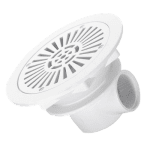





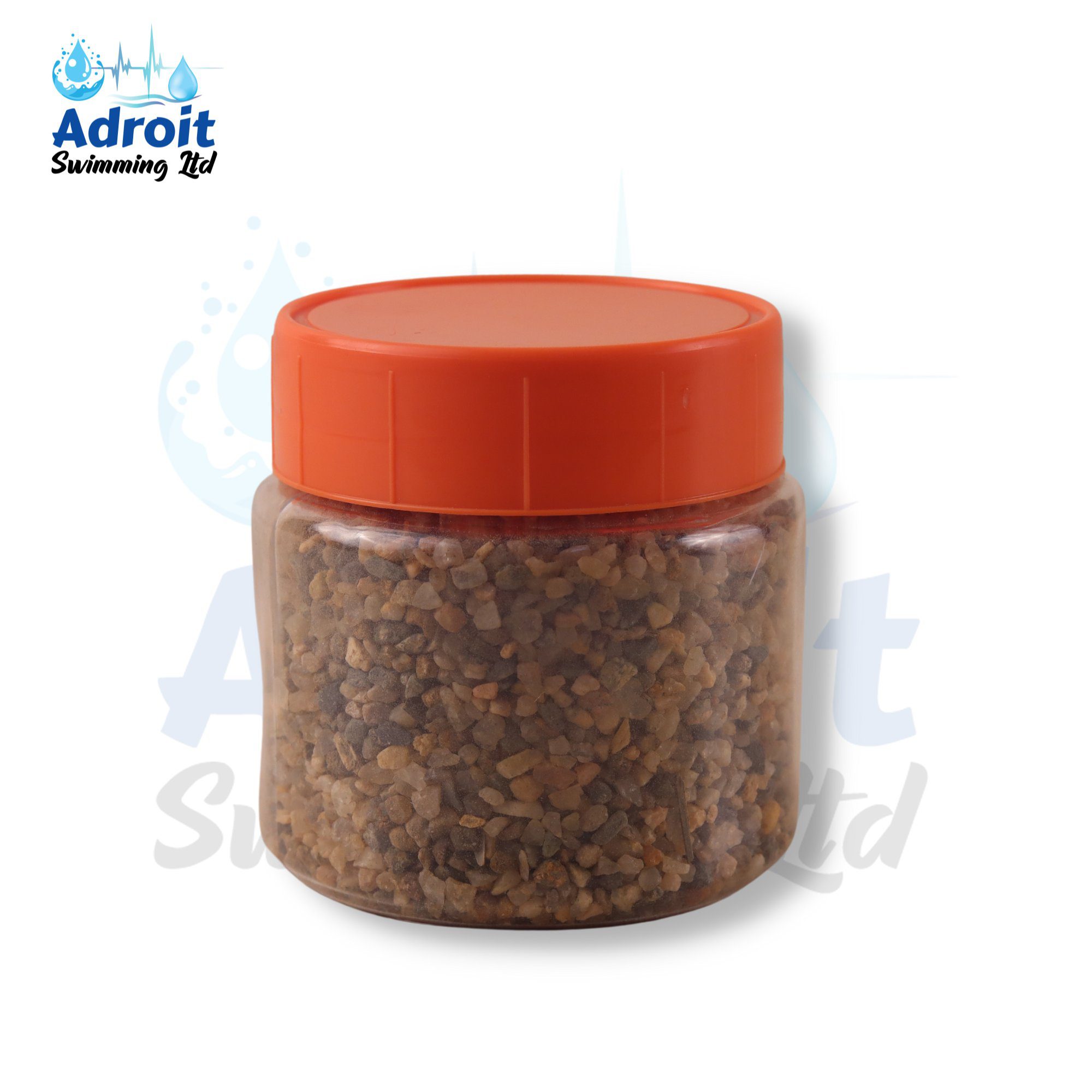
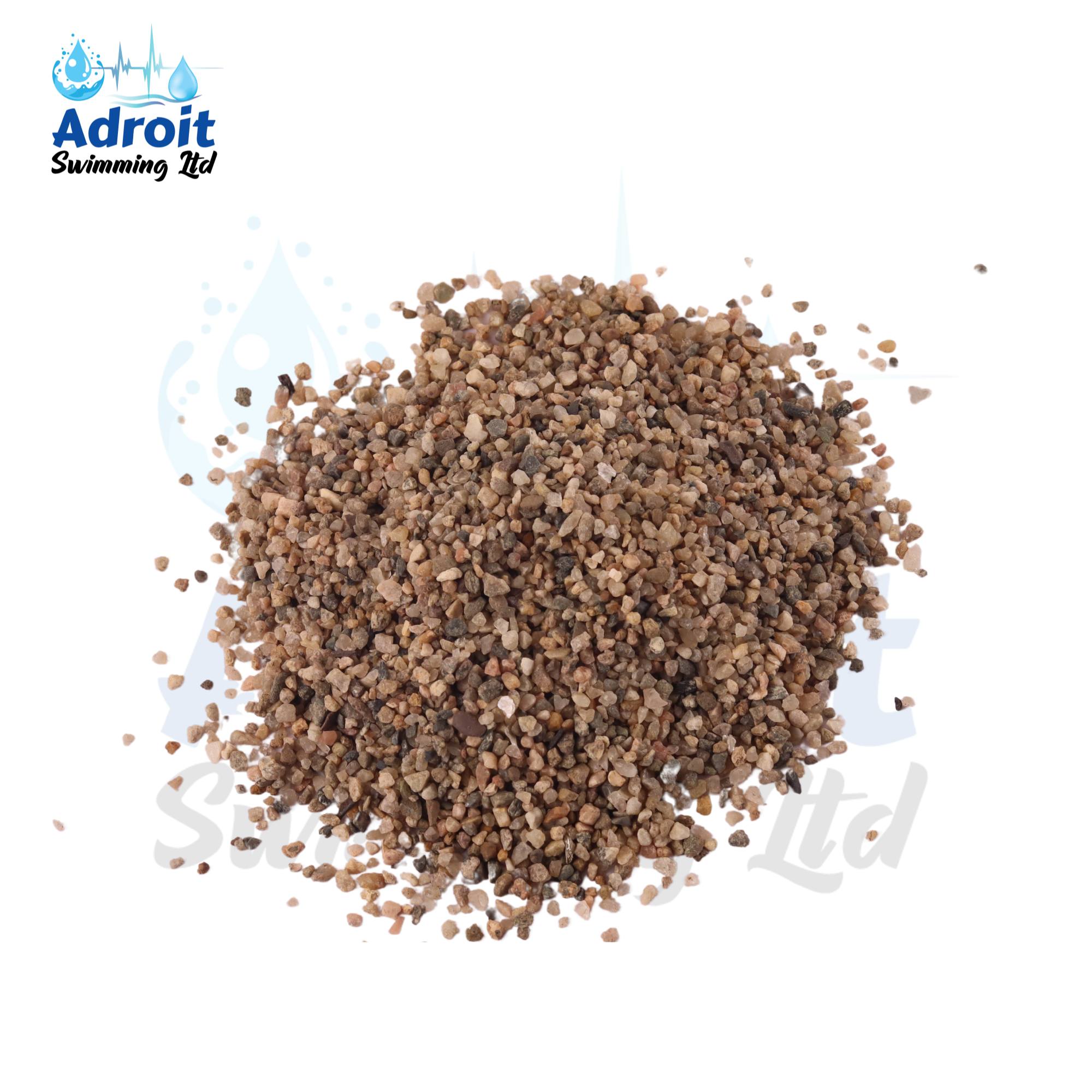
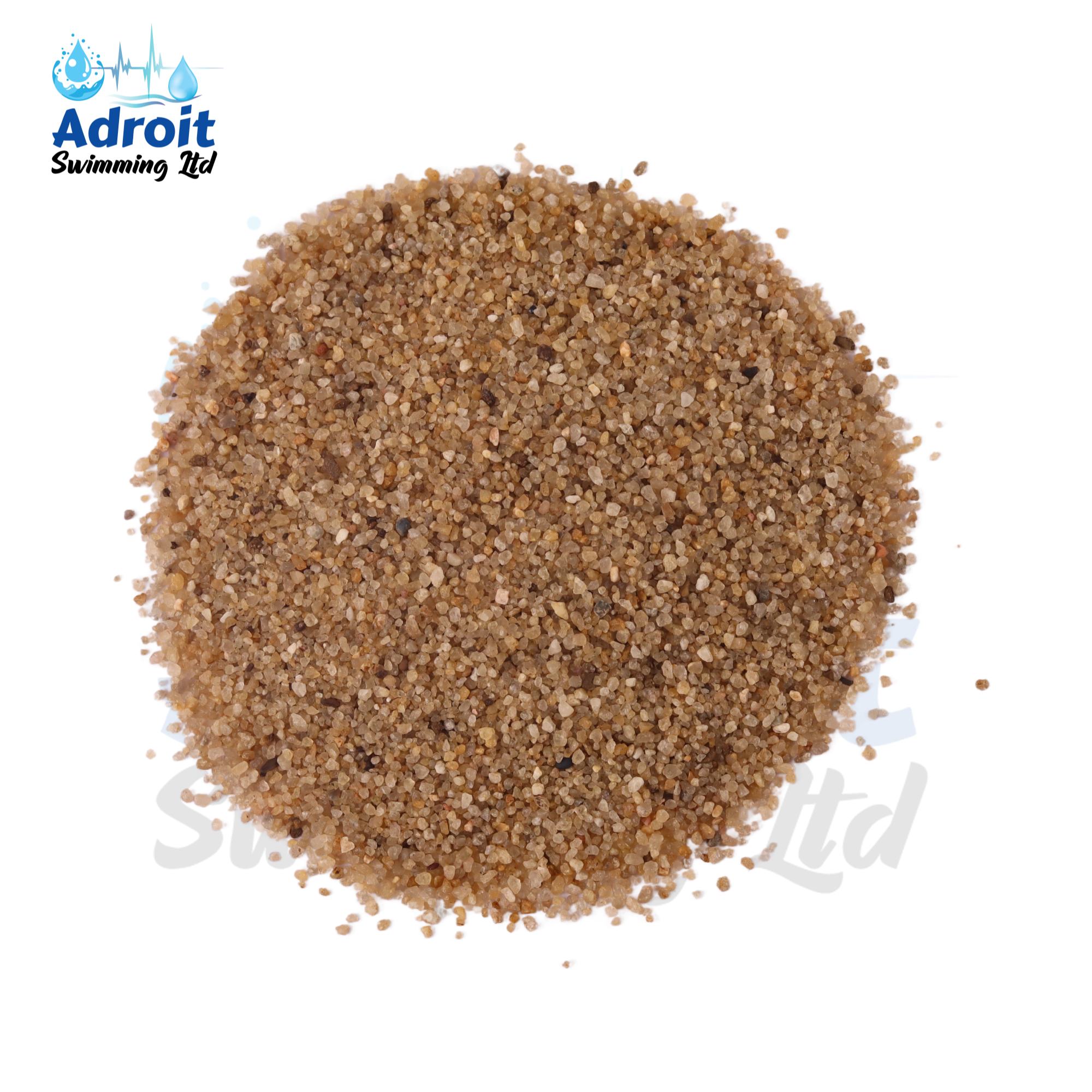
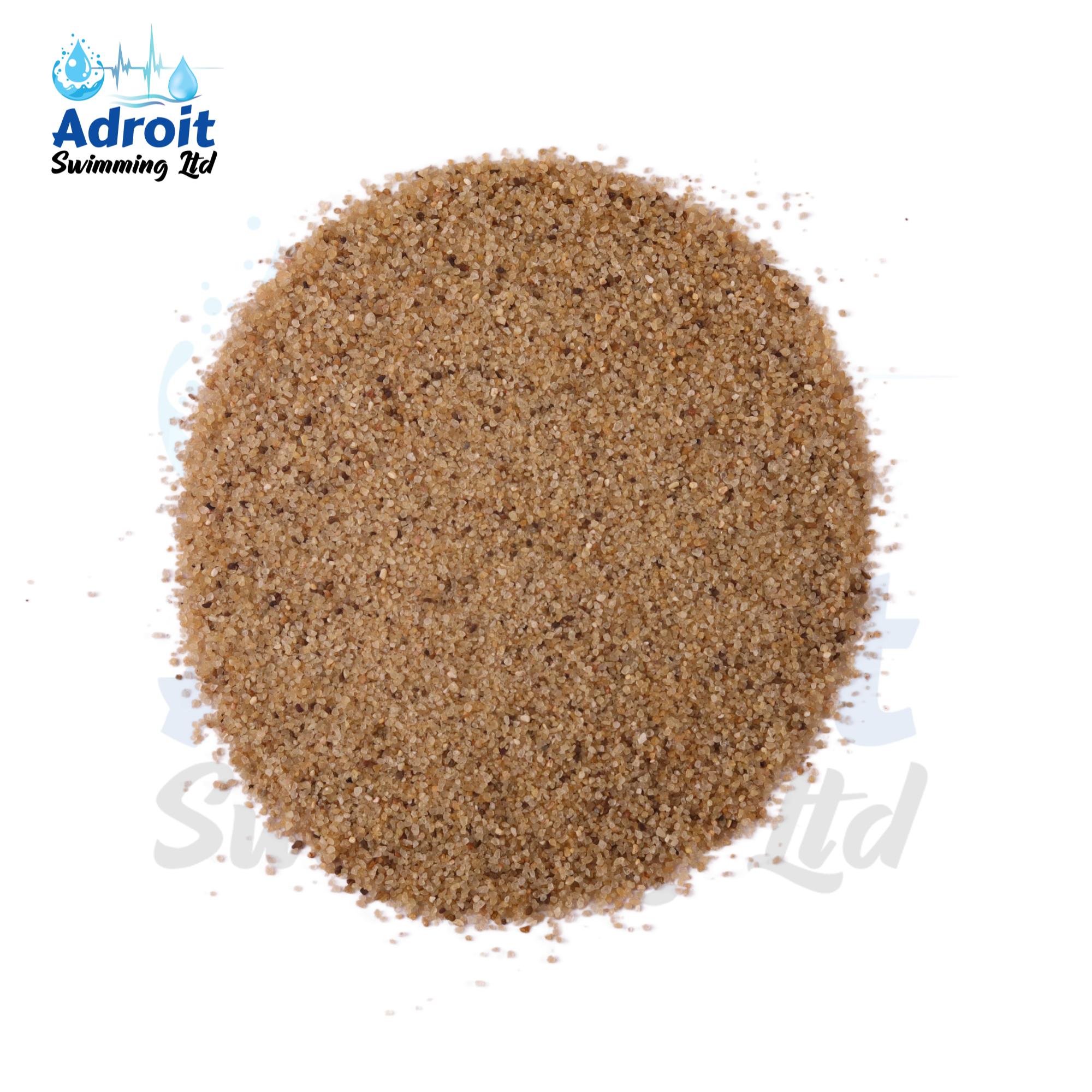
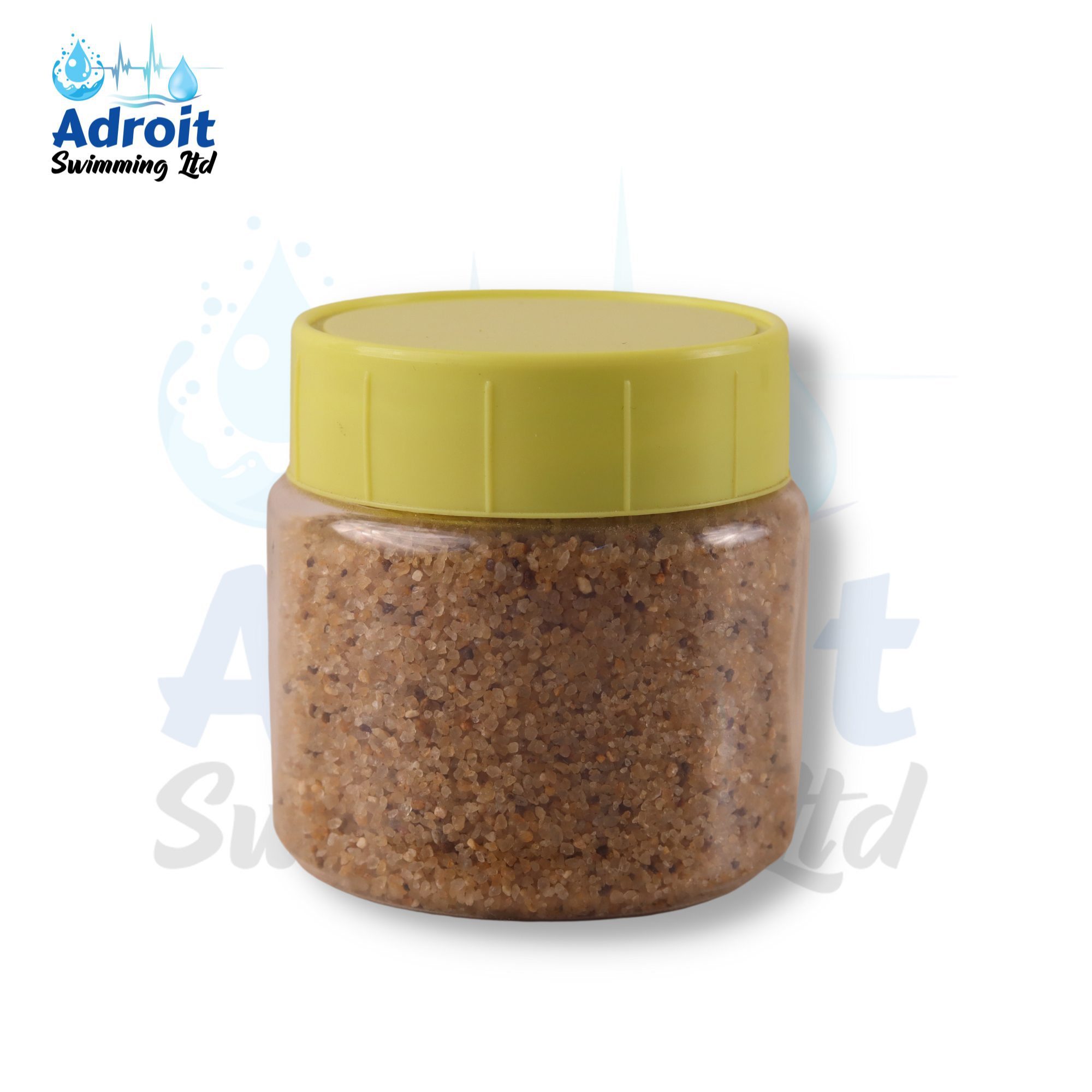
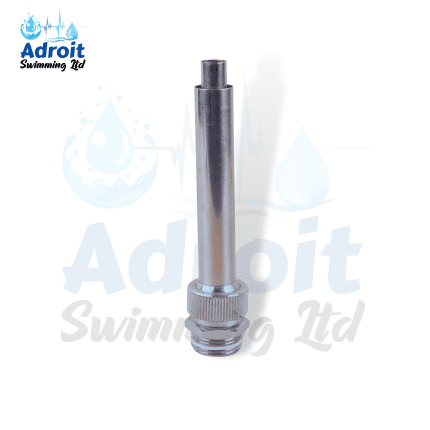
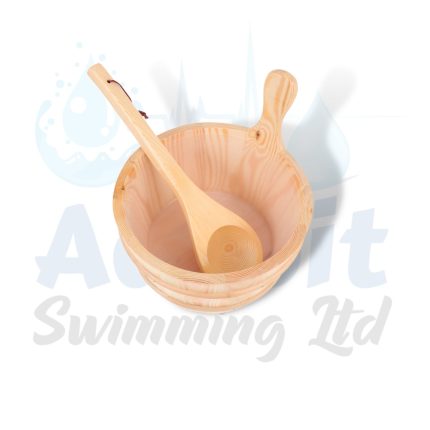
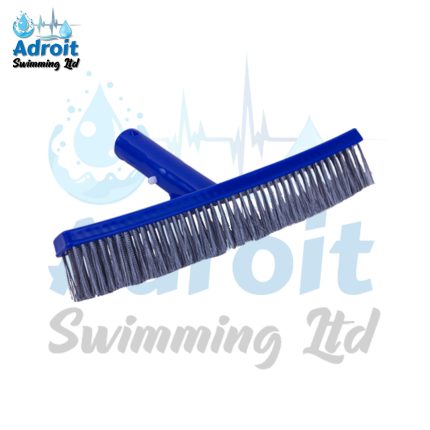
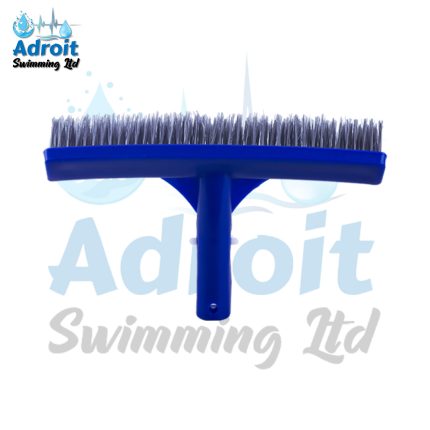
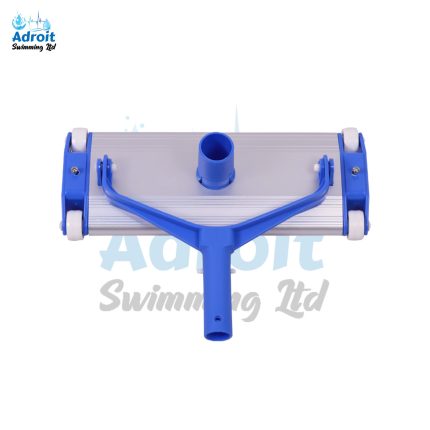
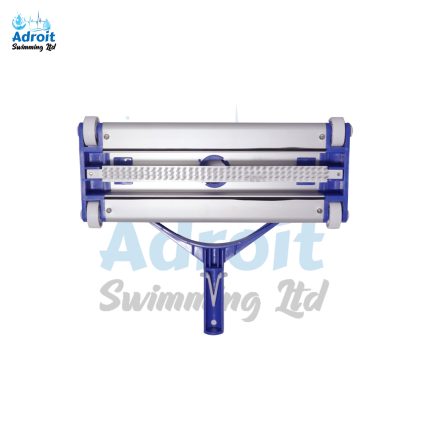
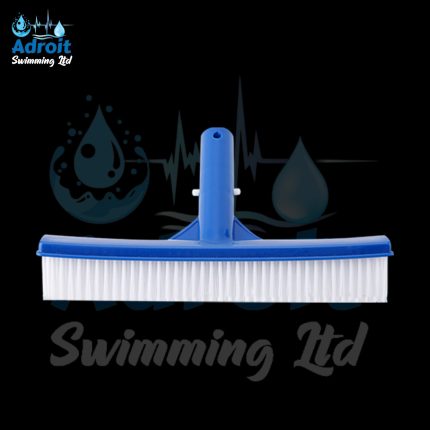
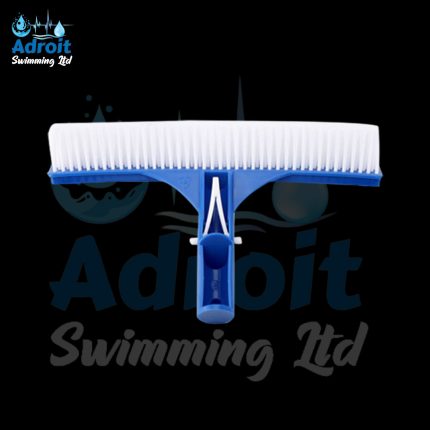
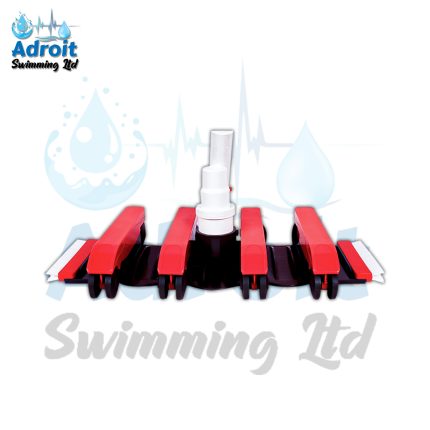
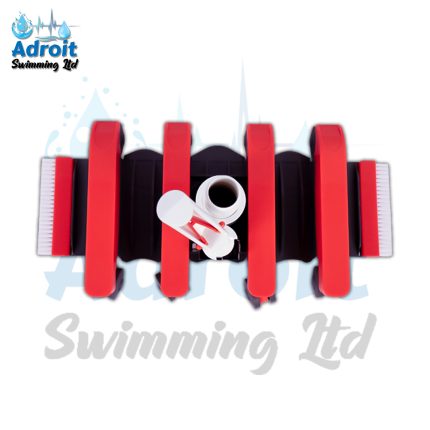
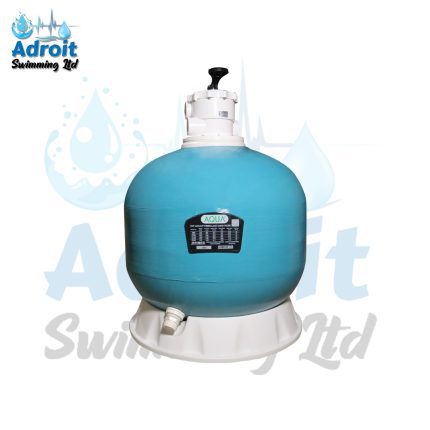
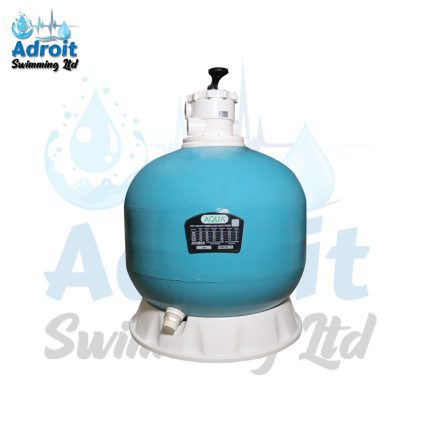
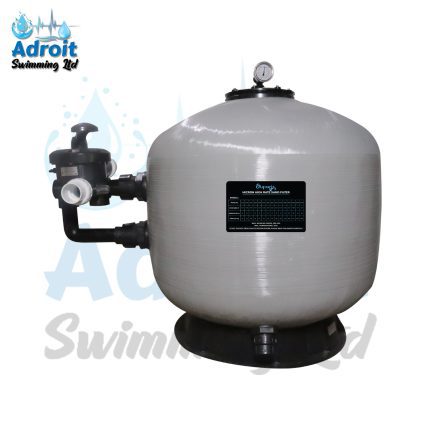
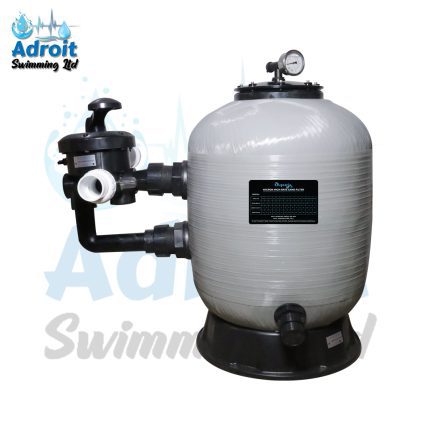
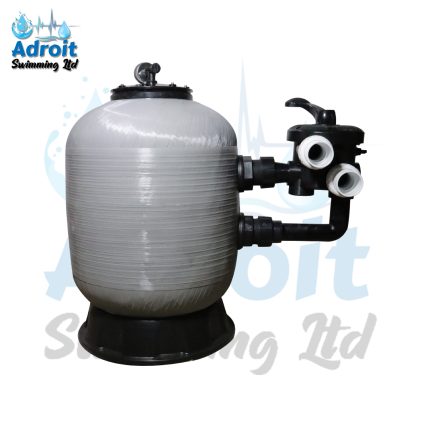
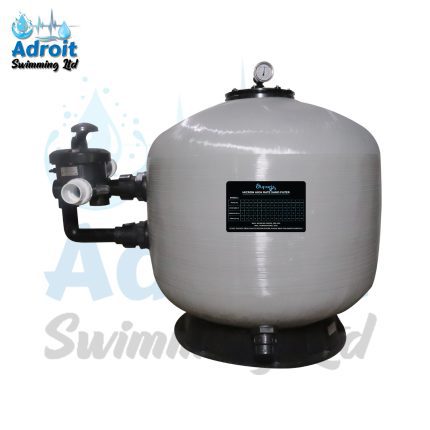
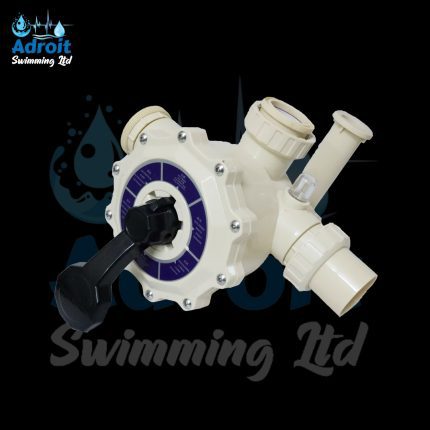
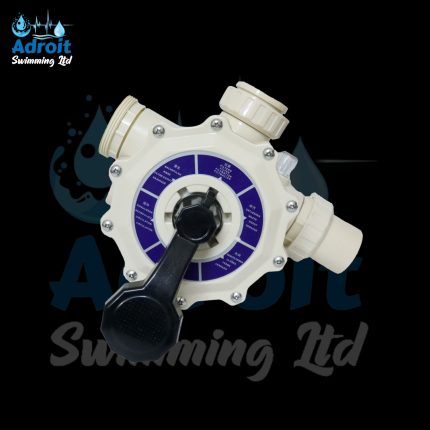
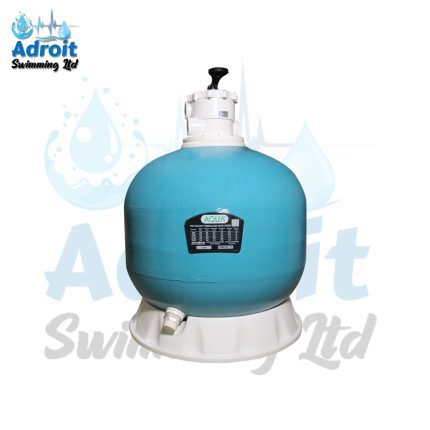
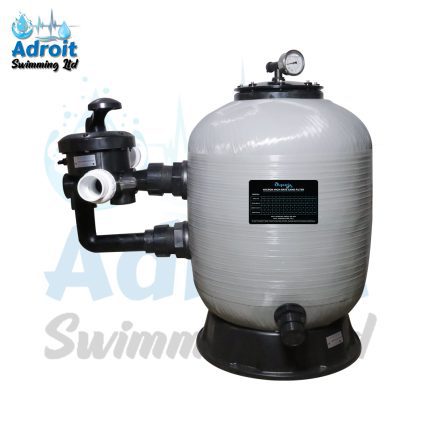

Reviews
There are no reviews yet.